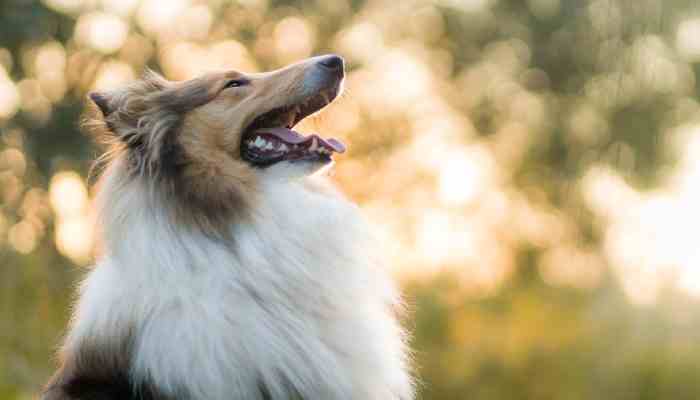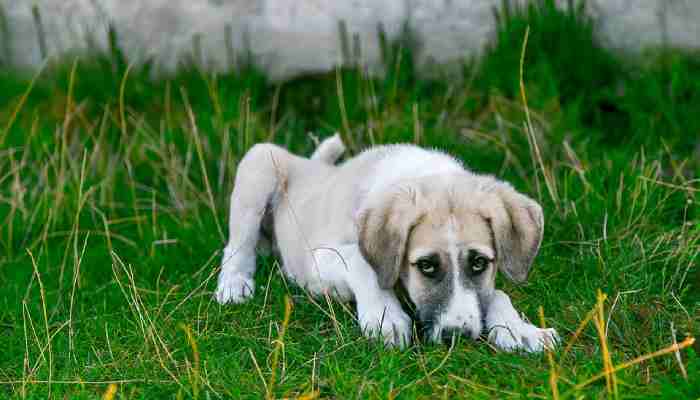Parvovirus is a highly contagious and deadly disease that can affect dogs of all ages, breeds, and sizes. It is caused by the canine parvovirus (CPV), which attacks the lining of the intestines, leading to severe inflammation, vomiting, diarrhoea, and dehydration. In some cases, parvovirus can also cause heart damage, which can be fatal.
Symptoms of Parvovirus
Symptoms of parvovirus in dogs can be severe and potentially life-threatening. They typically appear suddenly, usually within 3-7 days after exposure to the virus. One of the most prominent symptoms of parvovirus is severe diarrhea, often bloody. Dogs with parvovirus may also vomit, lose their appetite, become lethargic or weak, and experience dehydration. Other common symptoms of parvovirus include fever, abdominal pain or discomfort, and a lack of interest in food or water. It’s essential to seek veterinary care immediately if you suspect that your dog has parvovirus, as early treatment can improve the chances of survival.
Treatment of Parvovirus
Treatment for parvovirus involves supportive care, including intravenous fluids to prevent dehydration and electrolyte imbalances, antibiotics to prevent secondary infections, and anti-nausea medications to reduce vomiting. In severe cases, hospitalization may be required.
It’s worth noting that there is no specific cure for parvovirus. Instead, treatment focuses on managing the symptoms and supporting the dog’s immune system while it fights off the virus. Even with treatment, the mortality rate for parvovirus can be as high as 90%, especially in puppies and unvaccinated dogs.
Prevention of Parvovirus
The good news is that parvovirus is preventable through vaccination. Puppies should receive a series of vaccinations starting at 6-8 weeks of age, with boosters given every 3-4 weeks until they are 16 weeks old. Adult dogs should receive a booster vaccine annually.
In addition to vaccination, it’s also essential to practice good hygiene and sanitation to prevent the spread of parvovirus. Parvovirus can survive on surfaces for months, so it’s crucial to clean and disinfect any areas where an infected dog has been. This includes their bedding, toys, and any surfaces they’ve come into contact with, such as floors, walls, and furniture.
It’s also essential to practice responsible pet ownership by keeping your dog on a leash in public areas, cleaning up after them, and avoiding contact with sick dogs.
FAQ
What causes parvovirus in dogs? – Parvovirus in dogs is caused by the Canine Parvovirus (CPV), which is a highly contagious virus that is spread through contact with infected faeces, contaminated environments, or contact with infected dogs. The virus can survive for long periods in the environment and is resistant to many disinfectants, making it difficult to eradicate.
How long does it take for a dog to recover from parvovirus? – he recovery time for a dog with parvovirus can vary depending on the severity of the infection and the dog’s overall health. In general, dogs with parvovirus require hospitalization and intensive care, including intravenous fluids, antibiotics, and supportive care to manage their symptoms and prevent complications. With appropriate treatment, it can take several days to a week for a dog to start showing improvement, and complete recovery can take several weeks.
What is the mortality rate for parvovirus in dogs? – The mortality rate for parvovirus in dogs can vary, but it is generally considered to be around 20-30% for dogs that receive appropriate veterinary care. However, for untreated dogs, the mortality rate can be as high as 90%.
Can puppies be vaccinated against parvovirus? – Yes, puppies can be vaccinated against parvovirus. The vaccine is typically given in a series of shots, starting at 6-8 weeks of age and continuing every 3-4 weeks until the puppy is 16-20 weeks old.
How often should adult dogs be vaccinated against parvovirus? – Adult dogs should be vaccinated against parvovirus once every three years, or more frequently if recommended by their veterinarian based on their individual needs and risk factors.
Can dogs get parvovirus more than once? – While it is possible for dogs to get parvovirus more than once, it is rare, especially if they have been vaccinated against the virus. Once a dog has recovered from parvovirus, they typically develop immunity to future infections.
How can dog owners prevent the spread of parvovirus? – Dog owners can prevent the spread of parvovirus by vaccinating their dogs, avoiding contact with infected dogs and their faeces, cleaning and disinfecting contaminated areas, and practising good hygiene, such as washing hands thoroughly after handling dogs.
Can humans catch parvovirus from dogs? – While parvovirus can affect both dogs and humans, the type of parvovirus that infects dogs (Canine Parvovirus) cannot be transmitted to humans.
Parvovirus is a severe and potentially deadly disease that every dog owner should be aware of. While there is no cure for parvovirus, early detection and treatment can greatly improve a dog’s chances of survival. Vaccination, good hygiene, and responsible pet ownership are the keys to preventing the spread of this deadly virus. If you suspect that your dog may have parvovirus, don’t hesitate to contact your vet immediately.


